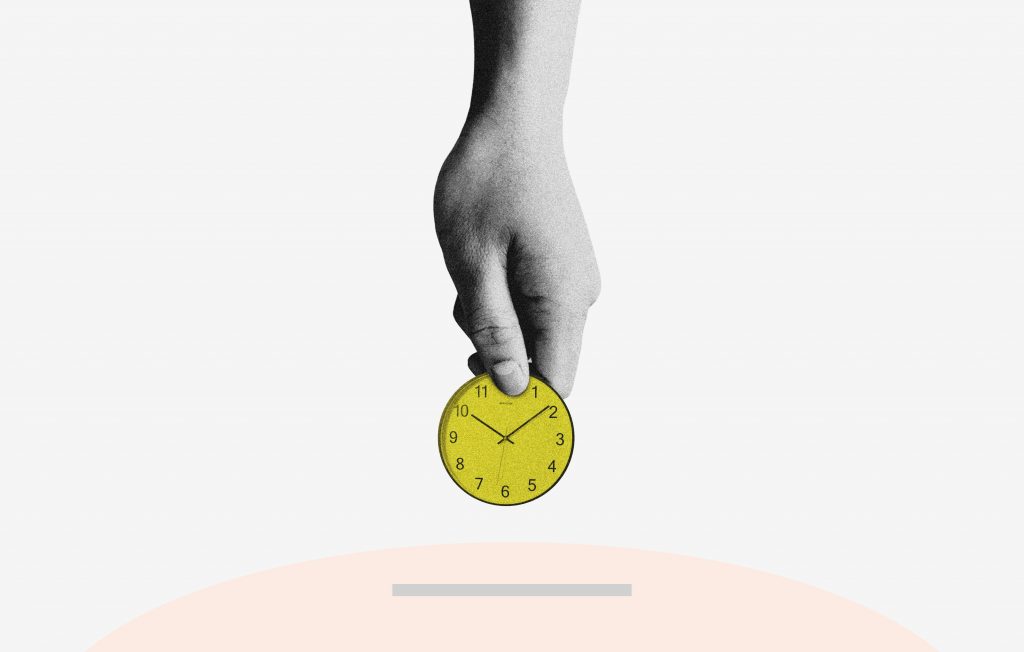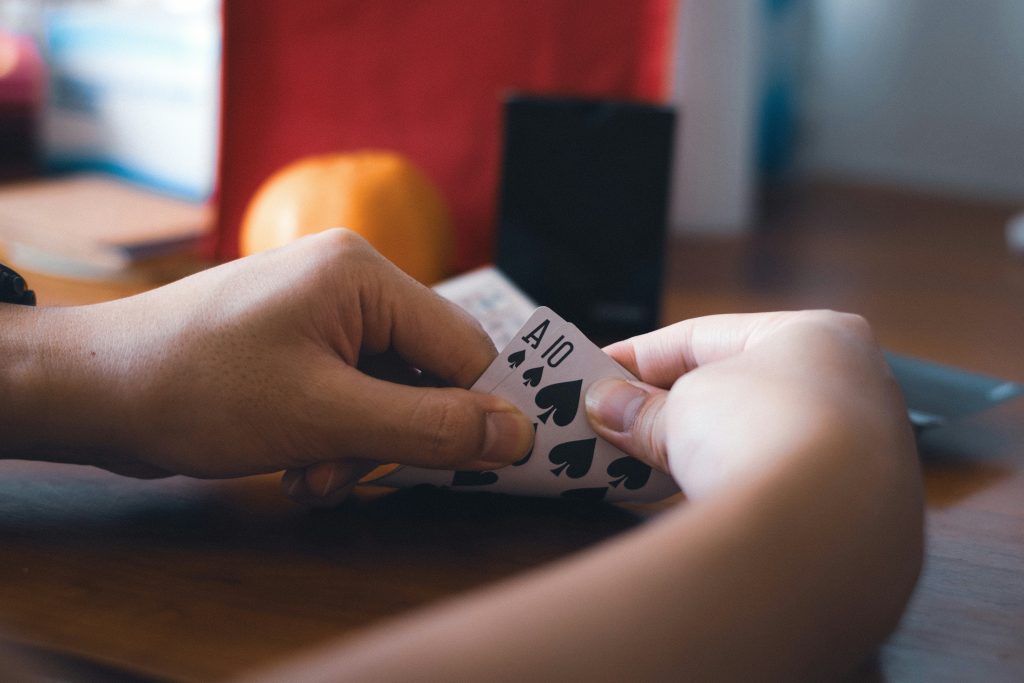“Time is the most valuable thing a man can spend.”
Theophrastus.
On Wednesday, I had my regular fortnightly meeting with the new teacher who has taken over the teaching of Latin in the school where I used to work. This teacher is an ECT (in her first year of teaching) and while she will of course have a professional, in-house mentor to oversee her development within the school, the Head was conscious of and rightly concerned about the fact that she will have no subject expert in the building to offer her support. That’s where I come in. This week, I found my young protégé in a bit of a flap about one particular part of the language curriculum and since reflecting on our time together I realise that I was less helpful than I could have been. Rather than letting our conversation continue when it comes to the grammar at a granular level, what I needed to do was to get her to reflect on which aspects of the curriculum actually require the most time spent on them. Next time I see her, I shall do so.
One of the most frustrating things about leaving teaching is at last having the time to see and understand how one could completely re-write the curriculum to reflect more accurately the way that the exam papers are written. What those outside the profession will find difficult to understand is that it is left in the hands of often new and experienced teachers to design an entire curriculum to prepare for an exam they did not write. No real guidance is shared by the exam boards (and on the odd occasion when some guidance is offered, it is usually either unrealistic or unworkable in some or most settings). What we really need is for exam-setters to work alongside schools to build an appropriate curriculum, but that’s never going to happen.
As we talked, my instincts were telling me that this teacher was becoming unnecessarily bogged down by her worries about a particular construction and was planning to spend a huge amount of time on it. I need to make sure that she does not do this. The reason? Well, I have just reviewed the 8 separate past and specimen papers that we have from the exam she is entering her students for, and this particular construction appears either once or twice in each language paper. Around half of the time, its appearance is supported by comprehension questions, which guide the candidate towards the correct interpretation. The rest of the time, the examples used are almost exclusively ones which most students would be able to translate on instinct, even if they had never been taught the existence of this particular construction. Compare that to another kind of construction, which most teachers skim over very briefly, but which in fact appears multiple times in every single exam paper. Which would you focus on? Sounds obvious now, doesn’t it? But you wouldn’t believe how few teachers go through this thought-process when designing their curriculum and planning their lesson time.
Having made the switch from the classroom to private tutoring, I am in contact with dozens of students from multiple different types of schools. Something I have come to realise is that almost all teachers over-teach the aspects of the curriculum that they believe to be difficult. It is not that their beliefs are incorrect, but what they get wrong is the amount of curriculum time that they dedicate to these concepts as a result of their relative complexity. It’s a common assumption in education that one must spend more time on something because it is difficult. In fact, this must be weighed up against three crucial realities: firstly, the nature, knowledge and curriculum history of the students that we have in front of us; secondly, the amount of time that we actually have with them; thirdly – and perhaps most crucially – the relative weighting that this difficult concept carries when it comes to final outcomes. This requires an understanding of how much, how often and with how much depth that difficult concept is tested, as well as how many marks that testing carries. Once you start trying to balance this equation, it can lead to some surprising conclusions, which might not seem obvious to anyone but the most experienced in curriculum design.
If a concept or construction is so difficult that its full understanding will require multiple hours of curriculum time, yet that very construction is only likely to add up to three marks on one paper, which converts to 1.5% of the student’s overall score … is that concept actually worth teaching at all? It’s something to think about, at least. Perhaps one could teach it in a very condensed form, teach some broad strategies that work in the majority of cases and leave it at that. Certainly, what one should not do, is spend hours and hours of precious curriculum time trying to bring students to the point of full understanding whilst neglecting other concepts which we might consider simpler but appear multiple times on the paper and are thus integral to success. It simply isn’t the sensible approach, given the huge constraints that all schools face when it comes to curriculum time.
The tendency for teachers to labour what’s difficult is something which I share openly with my tutees. I am very careful not to criticise or undermine the school’s curriculum, but I simply explain that it is natural for teachers to spend lots of time on the things that they know are difficult as they are setting the bar high for their students. Children of the age that I work with are perfectly capable of understanding that this might be a noble and understandable approach, but is perhaps not the best strategy to help them if they are struggling with the basics. Even the most able students, who are aiming at the highest grades, can still be reassured by the knowledge that the most challenging aspects of the curriculum are of less importance than perhaps they thought they were; it actually frees them up to grapple with them, once they have been released from the anxiety that their full understanding of this concept is absolutely essential for success. Knowing that you’re working on something that might gain you an extra mark or two is very freeing, and it enables the students who are aiming high to make sensible decisions about how to spend their own time, which is often very stretched.
In Latin, it is not only the language paper that requires this frankness of approach and a realistic analysis of where one’s time should be directed. I have written before about the extent to which teachers over-teach the stylistic analysis of literature texts, when the overwhelming majority of marks are gained in the exam through students simply knowing the text off by heart. I emphasise this over and again to the students I am working with, many of whom come to me because they are scoring very low marks in this aspect of the examination. Students can score at least 80% by simply knowing the text like the back of their hand, so this should be the overwhelming focus of the lesson: despite this, I have so far come across only one school where I would say this is happening – where the focus is on drilling and making it clear to students that they must be learning the text in detail. I shall not name the school, but one thing I will say is that it is a very high-achieving school, where the Latin department produces results of almost exclusively 8s and 9s in the GCSE every single year: this goes to show that the school is not avoiding the trickiest concepts – there is no way a student could score a Grade 9 without getting a decent score in the style questions – but it shows that they understand how to balance their curriculum and focus their efforts on what gains students the biggest advantage. The emphasis must be on knowledge, with the complex skills being supplementary to that. The final clincher, which again I share with my students, is that the high-level questions become infinitely easier and more doable once you know the text. Thus, a student who has already gained a solid knowledge of the text that is in front of them has a much better chance of being able to understand and apply the ideas he/she is being taught to gain those elusive extra marks.






